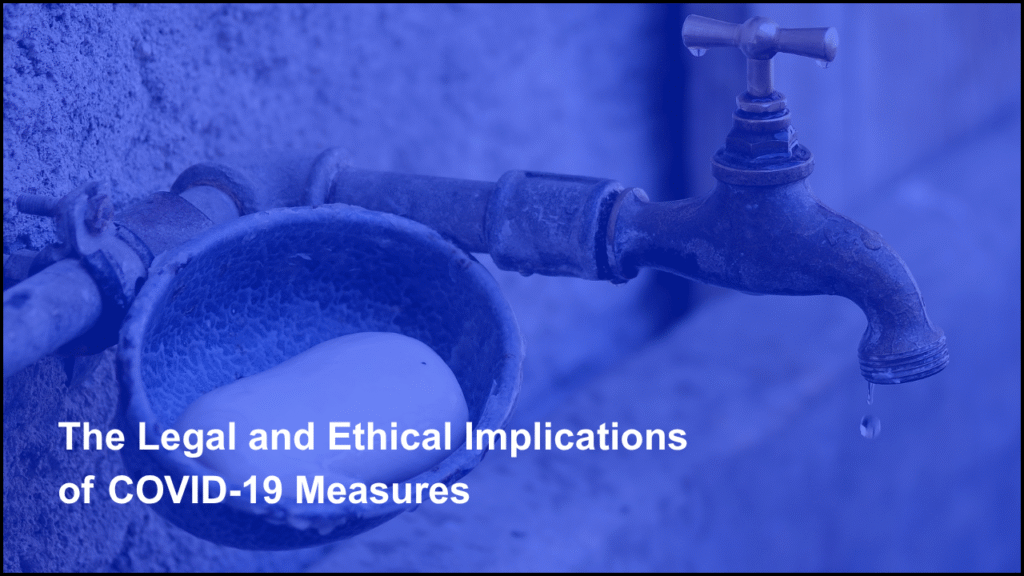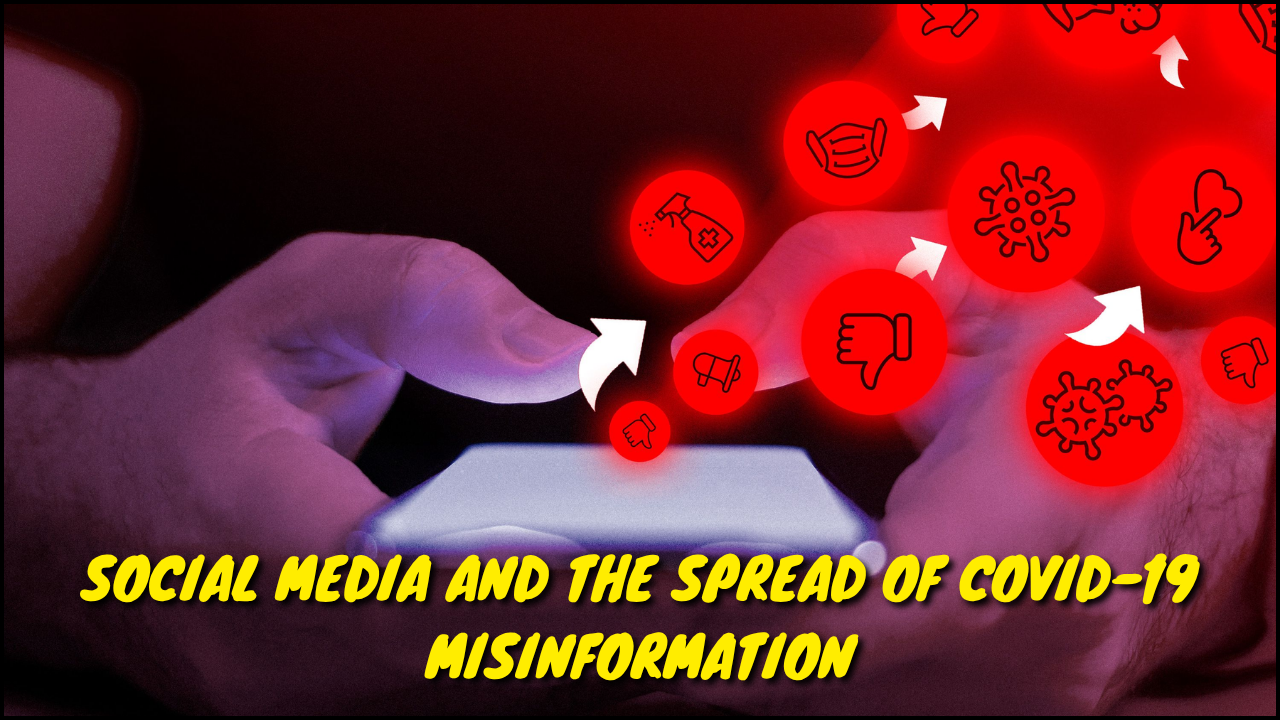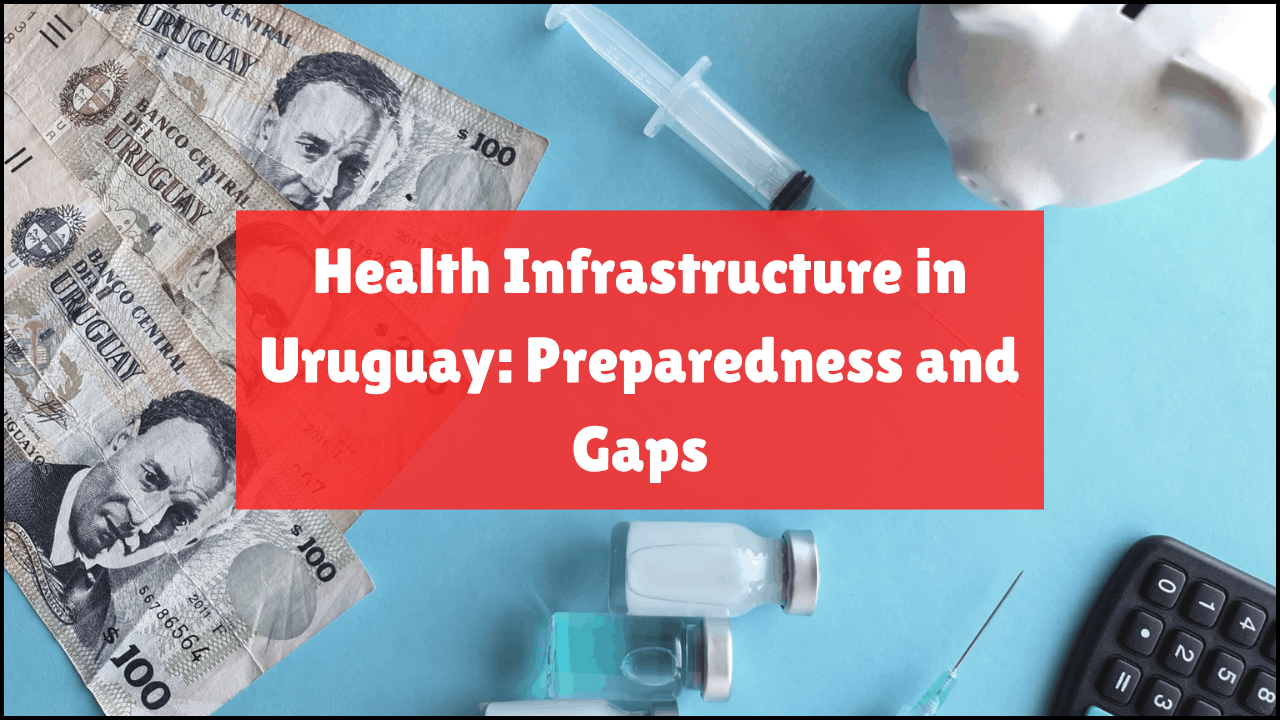
Government responses to COVID-19 shaped public life across the globe. New laws, emergency powers, and healthcare mandates affected civil liberties, privacy, and human rights in profound ways. These unprecedented restrictions—while designed to protect public health—also sparked debates around legality, proportionality, and ethical fairness. Understanding the balance between collective safety and individual rights remains crucial in evaluating these pandemic responses.
Table of Contents
Legal Frameworks Implemented During COVID-19
Authorities around the world introduced temporary laws and invoked emergency powers to address the pandemic swiftly. These measures touched various legal domains, including constitutional rights, employment law, healthcare regulation, and international law.
- Emergency Declarations
- Many governments invoked public health emergency provisions.
- Legal justification was often found in constitutional clauses for national emergencies.
- These declarations gave executive branches wide-ranging powers with limited oversight.
- Lockdowns and Movement Restrictions
- Orders restricting movement and enforcing lockdowns led to curfews and travel bans.
- Legal debates centered on proportionality and the necessity of such measures.
- Courts in several countries upheld these restrictions based on public health necessity.
- Mandatory Quarantine and Isolation
- Laws enforced home or institutional quarantine for infected individuals or close contacts.
- Issues arose regarding due process and forced confinement.
- Some jurisdictions mandated ankle bracelets or surveillance tools for compliance.
- Vaccine Mandates
- Employers, schools, and governments imposed vaccination requirements.
- Legal challenges included claims of bodily autonomy, religious freedom, and labor rights.
- Courts generally upheld mandates if they allowed reasonable accommodations.
Major Legal COVID-19 Measures and Their Challenges
| Legal Measure | Purpose | Primary Legal Concern | Judicial Trend |
|---|---|---|---|
| Emergency Declarations | Enable rapid policy implementation | Separation of powers, legislative oversight | Upheld under public emergency provisions |
| Movement Restrictions | Prevent viral spread | Civil liberties, freedom of movement | Mixed responses across jurisdictions |
| Quarantine Enforcement | Limit exposure and infection rate | Due process, unlawful detention | Generally upheld with procedural checks |
| Vaccine Mandates | Promote public immunity | Right to refuse medical treatment | Mostly upheld with exemptions |
| Digital Health Passports | Regulate access to public spaces | Data privacy, discrimination | Legal status varied widely |
Ethical Dilemmas in Public Health Policies
Ethical challenges became more visible as decisions began affecting livelihoods, mental health, and individual rights. Measures taken under the guise of “protecting the many” often brought disproportionate burdens on certain groups.
- Equity and Access
- Marginalized communities had less access to testing, vaccines, and medical care.
- Internet-based health services left rural and older populations behind.
- Social distancing policies increased isolation among the elderly.
- Informed Consent and Autonomy
- Vaccine rollouts often ignored nuanced consent for vulnerable populations.
- Limited vaccine choice and coerced compliance raised ethical concerns.
- Hospital triage decisions sometimes bypassed patient autonomy.
- Privacy and Surveillance
- Contact tracing apps collected personal data without robust safeguards.
- Data retention policies were unclear in several regions.
- Public health benefits were weighed against long-term digital rights erosion.
- Workplace Ethics
- Essential workers faced higher exposure with fewer protections.
- Ethical tension existed between economic activity and human safety.
- Remote work widened the digital divide in terms of job security.
Ethical Impacts on Different Groups
| Affected Group | Ethical Issue | Example Scenario | Potential Long-Term Impact |
|---|---|---|---|
| Elderly | Isolation and mental health | Long-term care residents restricted from visitors | Increased depression and anxiety |
| Low-income Workers | Economic hardship and health risk | No paid leave, yet required to work in-person | Deepened poverty cycles |
| Children and Students | Interrupted education and social growth | Remote learning disparities | Developmental and learning delays |
| Minority Communities | Healthcare inequities | Slower vaccine rollout in remote areas | Increased mistrust in healthcare systems |
| General Public | Privacy intrusion via apps and drones | Contact tracing without consent | Reduced public trust in surveillance |
Legal vs Ethical Tensions During the Pandemic
Public health laws sometimes passed constitutional scrutiny yet failed to meet ethical standards. Legal compliance does not always equate to moral justification, especially in high-stakes crises involving life, liberty, and societal norms.
- Legally Permissible but Ethically Dubious
- Closing borders left citizens stranded abroad.
- Bans on funerals infringed on cultural and emotional rights.
- Blanket closures of small businesses while large chains operated.
- Ethically Sound but Legally Unclear
- Volunteer-driven relief efforts operating outside official channels.
- NGOs distributing unapproved but potentially life-saving medicines.
- Whistleblowing on faulty policies or data cover-ups.
Global Legal Approaches Compared
Countries adopted varied legal strategies. Some emphasized civil liberty protections, while others prioritized strict enforcement.
Global Responses and Legal Balance
| Country | Approach Type | Key Legal Feature | Outcome |
|---|---|---|---|
| New Zealand | Elimination-focused | Emergency powers with strong parliamentary control | Low infection rates and high public trust |
| Sweden | Advisory-based | Avoided mandatory lockdowns | Mixed public health outcomes |
| India | Centralized strict lockdown | Minimal legal challenge initially | Migrant crisis, later court interventions |
| USA | Federal-state variation | Legal challenges at the state and Supreme Court levels | Patchy enforcement and vaccine disputes |
| China | Zero-COVID with surveillance | Legal mechanisms sms are largely opaque | High control, major rights concerns |
Post-Pandemic Legal and Ethical Reflections
As nations ease restrictions, reflection on what was done right and wrong continues. Legal scholars and ethicists are calling for pandemic preparedness plans that better balance rights with public safety.
- Recommendations for Future Responses
- Develop sunset clauses for emergency laws.
- Create independent public health ethics review boards.
- Require transparent data usage and retention policies.
- Ensure equitable access to health resources in all regions.
- Conduct public consultations before enforcing sweeping mandates.
Moving Forward
COVID-19 highlighted the fragile equilibrium between law, ethics, and public necessity. Legal measures might have curbed the virus, but not without raising questions about fairness, freedom, and long-term consequences. Ethical considerations, if embedded more deeply into policymaking, can lead to more just and sustainable health interventions in future crises.





